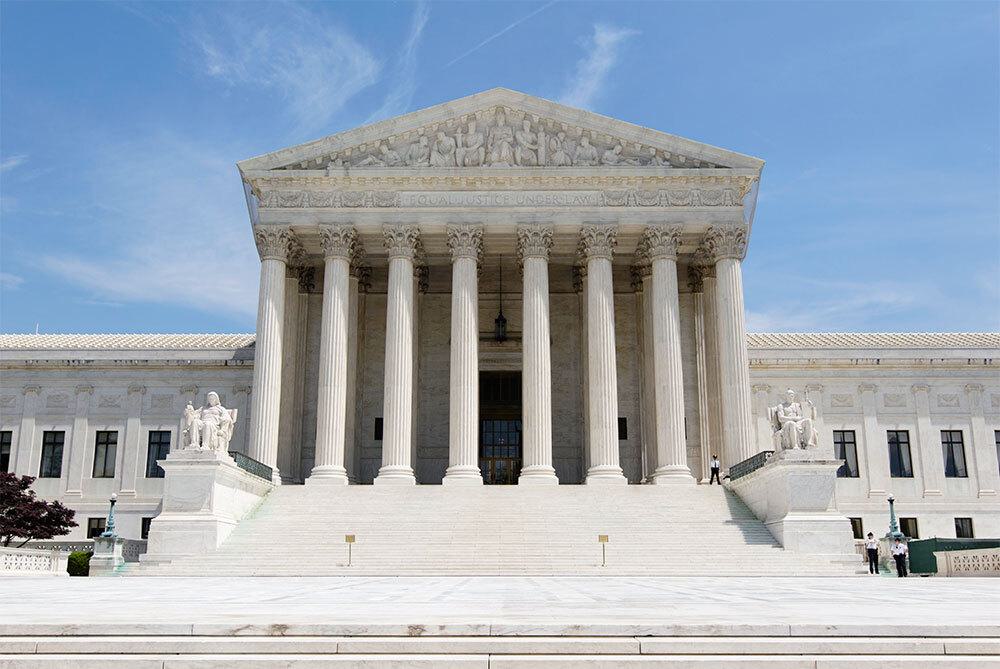The U.S. Supreme Court will soon be hearing a case that could significantly impact religious freedom in the workplace.
In the case of Groff v. DeJoy, a postal worker was fired for refusing to work on Sundays, which he said violated his religious beliefs to observe Sunday as his Sabbath Day. The worker tried suing the postal service but was ruled against in a lower court. Now, he hopes to prevail at the Supreme Court by persuading it to overturn one of its leading precedents related to workplace religious freedom: Trans World Airlines v. Hardison.
According to Title VII of the Civil Rights Act of 1964, employers must accommodate employees’ religious beliefs and practices unless doing so would pose an “undue hardship” on the employer. In Hardison, the Supreme Court determined an undue hardship exists if an employer must bear more than a “de minimis,” or minimal, burden to accommodate an employee.
Many have argued that the Court’s decision in Hardison did not capture the spirit of the Civil Rights Act statute. The Alabama Center for Law and Liberty (ACLL), a conservative nonprofit firm based in Birmingham, filed a friend-of-the-court brief in Groff v. DeJoy to question the precedent set in Hardison.
“The most important question, in this case, is not whether Hardison was correctly decided but whether it should be overruled even if it is incorrect.” ACLL President Matt Clark said. “ACLL agrees with Justice Clarence Thomas that the analysis should be simple: if a precedent is clearly contrary to the statute, the Court should not follow it. However, most of the other justices consider other factors, such as the quality of the precedent’s reasoning, the workability of the precedent, whether subsequent developments in law have left the precedent as an outlier, and whether the precedent is not just wrong but egregiously wrong. ACLL’s brief walked the Court through each of these factors and argued that they favor overruling Hardison.”
If the Court decides to overrule Hardison, Clark said it could have “important implications for religious liberty” beyond Groff v. DeJoy.
“Many people who were fired for refusing to take a COVID vaccine on religious grounds have cases that are still pending,” Clark said. “If Hardison is overruled, it will substantially increase the chances of those people getting justice for being fired when they chose to stand by their religious beliefs.”
To connect with the author of this story or to comment, email daniel.taylor@1819news.com.
Don’t miss out! Subscribe to our newsletter and get our top stories every weekday morning.









